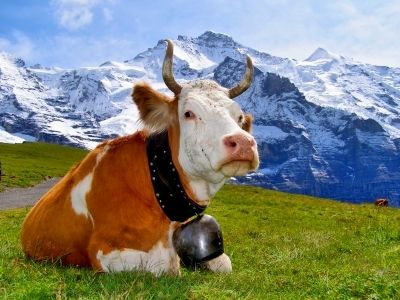If you can create more time for a little of what nourishes you every day, you’ll be able to sustain your success for longer.
For many, the holiday season is now over, and life returns to its regular rhythm; children are back at school so parents no longer have to fret about childcare arrangements; non-parents may well still have holidays to look forward to. Either way – the start of September has something of a new-year feel about it. We are full of ambitions to finish initiatives that were started earlier in the year and want to find the energy for that last push to the year-end to hit business goals.
When I speak to clients and ask how their holiday was, the following response is typical
“my holiday? Oh, it feels like an age away. All the good has been undone because I’ve come back to so much work”.
Sound familiar?
I’m a really driven person (as many of my leadership clients are too), so I love the buzz of work and the sense of fulfilment and achievement it gives me. We spend so much time looking forward to our holidays. We relish the opportunity to create time to be with people who are important to us and do things we enjoy. When on holiday we feel more able to switch off our brains from work. I say ‘more able’ as many people still don’t switch off when on holiday – but I’ll save that for another article. On holiday we give ourselves permission to do what feels right and good for our overall wellbeing. I like to refer to these things as choices that will nourish our success.
What would happen if we paid a bit more attention to what we really value in our holiday time, and made some small adjustments to incorporate some of those nourishing success activities into our working lives? If your response is “there’s no way I can do that, I don’t have time”, I encourage you to think again.
In this article I’d like to look at one example of something I do on holiday, and how I adapt it and bring it into my day to day working life. As you read, think what things you could adapt and do the same with.
I love to walk and be in nature, it totally balances me and helps to take me out of my always-on brain and into the ‘now’. It’s a form of mindfulness for me (I’m not so great at the sitting still version of mindfulness – though I keep trying). There is so much research available now that evidences how being in nature is good for us. More than 55% of the world’s population now live in urban areas; a proportion that is expected to increase to 68% by 2050. While there are many benefits of urbanisation, it is also associated with increased levels of mental health issues, including anxiety [1]. In 2013, a significant study [2] of 100,000 people over two years found a significant increase in wellbeing where people have increased proximity to green space. The Japanese even have a name for this concept, they call it ‘forest bathing’.
On my recent holiday in the stunning German state of Bavaria I hiked up a number of mountains. On my walks I saw very few people, walked alongside streams and up through dense pine forests, clambered over rocks, saw beautiful flower meadows, had close encounters with bell-clad bovines, wondered at the lizards and marmots going about their daily lives, and felt the sun and the rain on my body. Heaven.
I obviously can’t build 3-hour hikes into my working day. But what I can, and do build in is the following:
- Where possible I plan my day so I have time for a 45 minute at some point. And for that walk, wherever I am, I find a park or somewhere with green space. If I can find a hill with a view that’s a bonus.
- If my day won’t allow a walk, I’ll get up early to go out – there’s something lovely about being up when a lot of other people are still asleep. Again, finding somewhere with some green space is important.
- As I’m often in cities, so I use the walk to the green space to look up. It’s amazing how you get a different perspective on things when you look up rather than just ahead or down; interesting architecture, birds, things happening behind windows!
- I also colour code my ‘nourishing success’ activities in my diary. It means I can see, at a glance, what the week looks like, and make sure I’ve built in enough activity that will nourish my success.
So that’s one example of what I take from my holidays. Here are two questions for you.
- What holiday activities do you love, and are good for your overall health and wellbeing?
- How can you create mini versions of these activities, and then choose to build them into your working week?
The concept of making choices that will help you to enable and sustain your success is at the core of my new book, The Power of Choices. If you’d like to find out more visit www.thepowerofchoices.net
[1] Peen, J., Schoevers, R. A., Beekman, A. T. and Dekker, J. (2010) ‘The current status of urban-rural differences in psychiatric disorders’, Acta Psychiatrica Scandinavica 121 (2):84–93, John Wiley & Sons
[2] White, M. P., Alcock, I., Wheeler, B. W. and Depledge, M. H. (2013) Would You Be Happier Living in a Greener Urban Area? A Fixed-Effects Analysis of Panel Data, Psychological Science 24 (6):920–928


